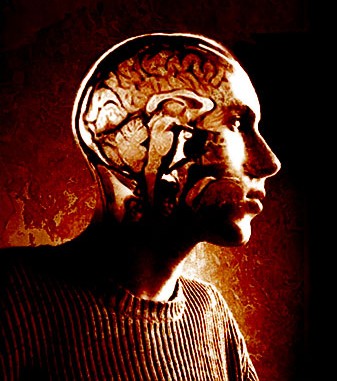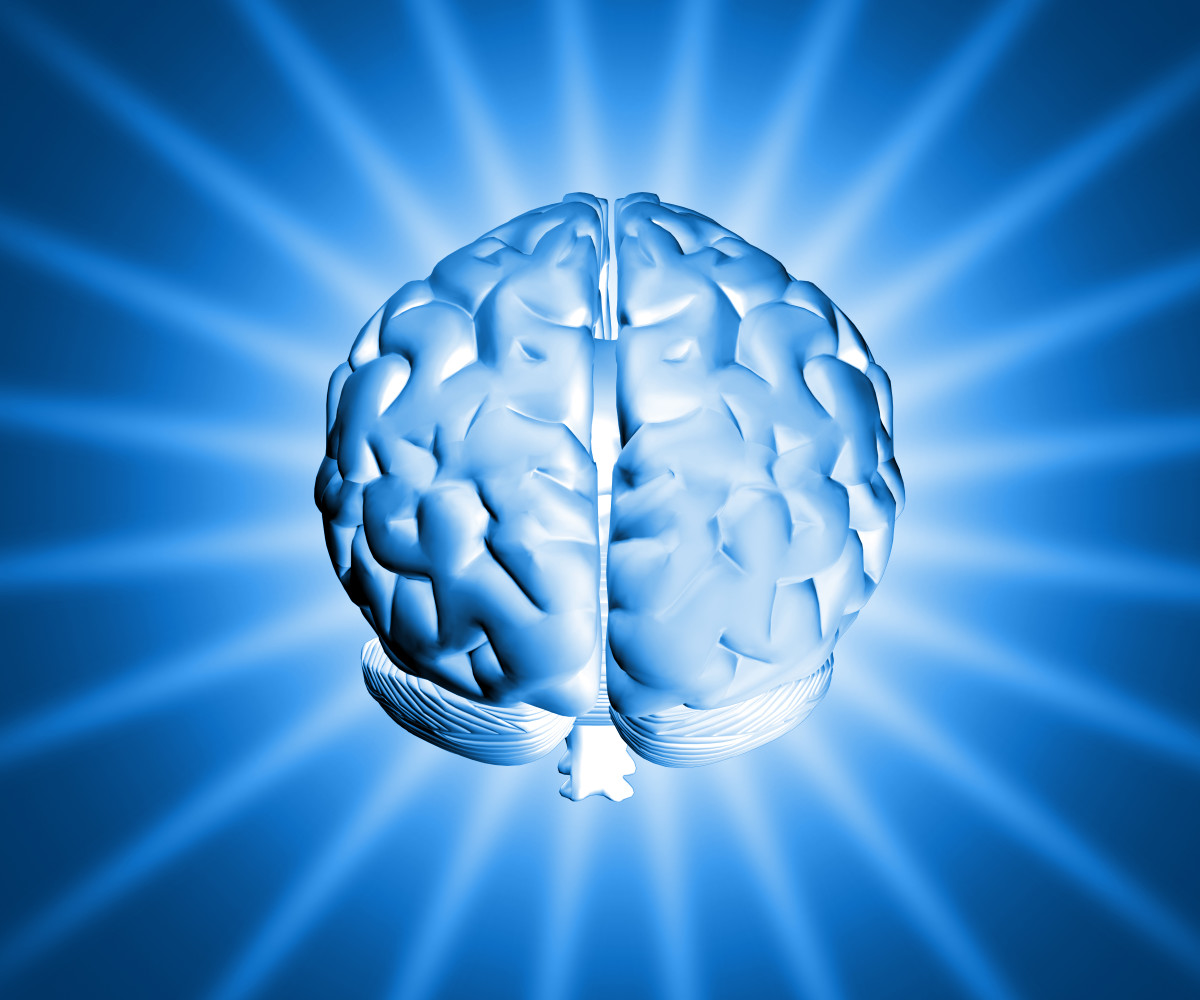About Mental Health - Promoting Psychological Well Being
How Society Views Mental Illness

How to Promote Mental Health
In order to experience joy, love, to laugh, to work, to learn, and to contribute to others and our environment, good health is the most important and valuable asset we have.
Our health and our well being is crucial to our happiness, our productivity, and our self development. We go to doctors to check on our physical health. From blood tests to x-rays and sophisticated cat scans and more, our bodies can be examined inside and out. Technology has had a great impact on what we can learn about ourselves biologically.
When we fall ill from sickness or injury, people may readily offer their compassion and assistance. Yet, when our mental health comes under question, people may not be as understanding, patient, or supportive. People don’t go for regular mental checkups. And those who seek counseling, often keep it secret. Society seems to attach stigmas to people who have issues with their mental health.
Promote Good Mental Health and Have Better Physical Health
Mental health, according to the World Health Organization is a "state of well-being in which the individual realizes his or her own abilities, can cope with the normal stresses of life, can work productively and fruitfully, and is able to make a contribution to his or her community."
In order to create a caring and supportive communitity, promoting mental health is paramount to helping ourselves and others survive in a world that is filled with stresses and obstacles that can overwhelm our mental well being.
Our physical health and mental health are interconnected. By promoting good mental health, our physical well being will be enhanced. Through education, intervention, and acceptance, we can help each other promote, identify,and support recovery and good mental health througout our lives.
Programs for Mental Health
Promoting mental health starts with programs that assist people develop problem solving kills and enhance their coping skills. Some of these programs include :
- suicide prevention
- groups that are formed to enhance peer leadership, .life skill lessons, mentoring programs
- home visits by health professionals who work directly with families to improve quality of life and better environments for raising children
- education about child development and assistance in improving parenting skills
- encouraging people to seek help and reducing the stigma that is associated with mental illness
- programs that enhance a person’s self competence, improve their self esteem and encourage a greater sense of well being
People who suffer from mental illness face multiple problems. They struggle with the issues that affect their mind and even cause disabilities, and face obstacles of discrimination and prejudice from stereotypes and misconceptions about mental illness. There are public stigmas and there are reactions associated with mental illness that rob people of opportunities towards a better life, and career. Self stigma is the shame people feel because of their affliction. Both create negative emotional reactions to mental illness and leave a person with less support, a feeling of vulnerability, anger, fear and an assortment of other responses that may lead to negative behavior and feelings.
The Media Creates False Images About Mental Illness

Stigmas and Mental Illness
Studies have shown that the majority of people in the United States and Western Europe have stigmatizing views about mental illness. Asian and African nations seem to have a more open attitude about mental health.
Stigmas can be seen in movies and television. People with mental
illness in movies and tv are often characterized as homicidal maniacs, as naive and childlike, as weak people, as though they brought their mental problems on themselves. In a study done among 2,ooo people from England and the United States, people
- feared and excluded those who suffered from severe mental illness
- people with mental illness are irresponsible and need to have others make decisions for them
- people with mental illness are child like and must be cared for
Stigmas develop due to a lack of knowledge and create fear that may result in bullying, harassment, discrimination at work and school. Even health insurance puts greater limitations on coverage for mental health care than other types of health conditions.
Mental Health Myths
Mental Illness Myths
| The Truth About Mental Illness
| The Facts
|
|---|---|---|
People who have a mental illness are more dangerous than the general population.
| Most are not violent, But it is the violence that makes the headlines
| The media often sensationalizes accounts of crime. Statistics do not show a connection between mental illness and violence.
|
People who have a mental illness do not ever get better
| Many lead productive lives.People with mental illnesses can recover and resume normal activities
| Talk therapy, medication, other treatments and support systems are effective in helping people
|
Untreated mental illness does not affect your school performance and grades
| Mental illnesses may interfere with functioning in different ways. Many illnesses may affect a student’s ability to do certain things, such as thinking or communicating with others.
| Over 50 percent of students with a mental disorder age 14 and older drop out of high school—the highest dropout rate of any disability group. 15
|
Mental illness is a weakness you can overcome if you really want to.
| Mental Illness is not something someone does to themselves (except if it occurs from substance abuse) Support and treatment is integral to a person'slong term psychological well being
| Fewer than one-third of adults and one-half of children with a diagnosable mental disorder receive mental health services in a given year.
|
The media portrays mental illness accurately.
| The media sensationalizes, tv and movies dramatize and comedians poke fun of people with a mental illness
| Media lobbying and press liaison should take on a central role for mental health professionals, not only as a way of speaking out for patients who may not be able to speak out for themselves, but as a means of improving public education and awareness.
|
Research suggests that employers are less likely to hire persons who are labeled mentally ill
| Some people also believe that those with mental illness are less competent, unable to work, should be institutionalized, or will never get better
| Walmart, Taco Bell, and Hyatt Hotels are just a few corporations who regularly hire people with disabilities. Many employers hire people with mental disabilities and have great success.
|
People can get over depression by themselves and depression never reoccurs.
| It is important for people with depression to get treatment from a mental health professional or from their physician. Many people are not able to recognize depression in themselves or others.
| Clinical depression is very treatable, with improvement shown in 80% for those persons treated.
|
Only adults and older adults experience mental illnesses.
| Mental illnesses occur in persons of all ages, all ethnic, racial, educational, and religious groups. They do no discriminate. Mental illnesses appear in families of all backgrounds in every community across the country. Over 4 million youth experience a major mental illness that can result in significant problems at home, at school, and with peers.
| Among children and youth ages 9-17, there are one or two with serious emotional problems in virtually every classroom in the country. Over seven million older adults age 65 and older in the United States (20 percent of the older adult population) have a mental illness and that number is expected to double into 15 million people in the next three decades. Depression can occur along with other physical illnesses such as diabetes, cancer, and heart disease. Suicide rates are highest among Americans age 65 and older.
|
Only crazy people see shrinks.
| People of all ages and all walks of life seek help from a variety of mental health professionals, including psychiatrists. Seeking out and accepting help are signs of positively coping and of preventing situations from getting worse.
| Fewer than one-third of adults and one-half of children with a diagnosable mental disorder receive mental health services in a given year.
|
If you talk about suicide, you won’t attempt it.
| Suicidal comments have to always be taken seriously as they often lead to plans, attempts, or completions. If you are worried about yourself or another person, and do not know how serious the problem is, know where to get help. It’s better to be safe than sorry
| Most suicide attempts are expressions of extreme distress, not harmless bids for attention. A person who appears suicidal should not be left alone and needs immediate mental-health treatment
|
Fear of People With a Mental Illness
Common reactions to people who deal with mental illness is avoidance, restraining and forceful treatments, and segregation.
In 1996, the General Social Survey, a survey of 1,444 U.S. adults showed that more than ½ of the respondents resisted spending an evening socializing with someone who had a mental illness, were unwilling to work next to, or have a family member marry such a person.
This and other studies have shown the negative impact mental illness has on obtaining a good job, and gaining safe and secure housing for themselves.
Promoting Good Mental Health
One of the best ways to overcome the stigmas associated with mental illness and to promote good mental health is to:
- get proper treatment even if you are reluctant to admit there may be a problem
- don’t let yourself be labeled
- believe that you can and will get relief from your symptoms
- there is no shame in having a mental illness
- a person who needs help is not weak
- dealing with mental problems is not something you can control, nor did you cause it
- connecting with others may help you realize you are not alone
- the ability to overcome any ailment, physical or mental will increase your self esteem
- don’t judge yourself harshly or let other’s opinions affect what is best for you
- find someone you trust to confide in and gather support from
- don’t identify yourself with your illness. You are not your diagnosis. You have a diagnosis
- partake in a support group so that you will learn you are not alone
- become an outspoken advocate to help educate those who don’t understand about mental illness and encourage others who suffer similarly and break down the barriers of ignorance, fear, denial, and negativit
Acceptance and Education
There is good news in the research too. As people become more exposed to those with mental disabilities, their misconceptions and discriminations lessons. Promoting good mental health results from education, exposure, and information that increases acceptance and a greater understanding towards those who deal with mental diseases.
As attitudes improve, prejudice diminishes. When acceptance becomes the norm, all people involved will increase the promotion of mental health. Kindness, compassion, and understanding brings greater opportunities for better mental health for us all. Misconceptions increase the fear and lack of understanding about mental illness. Emotional problems are more prevalent than anyone likes to admit. The more we understand, the more we can help mankind and create a better society for all.






